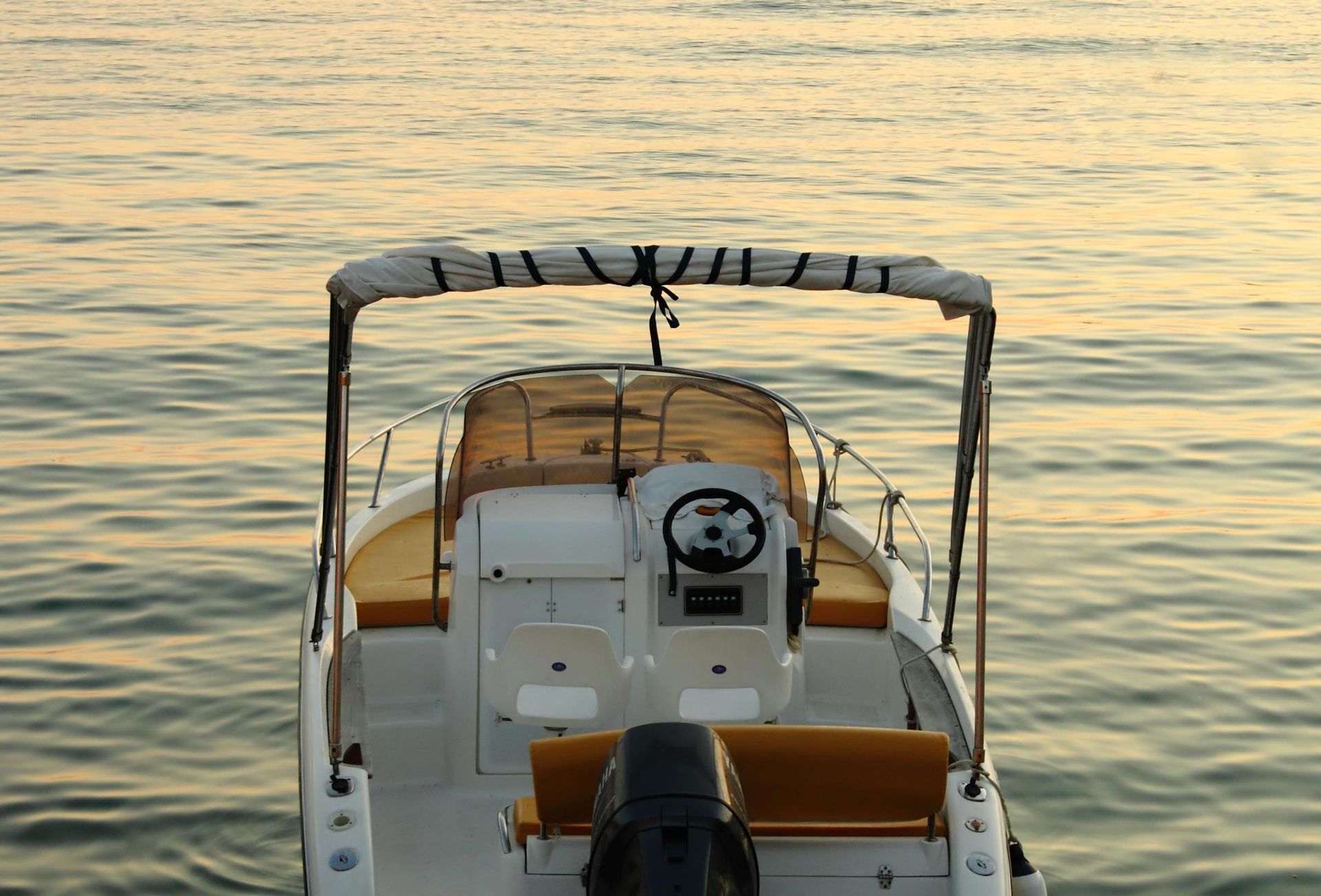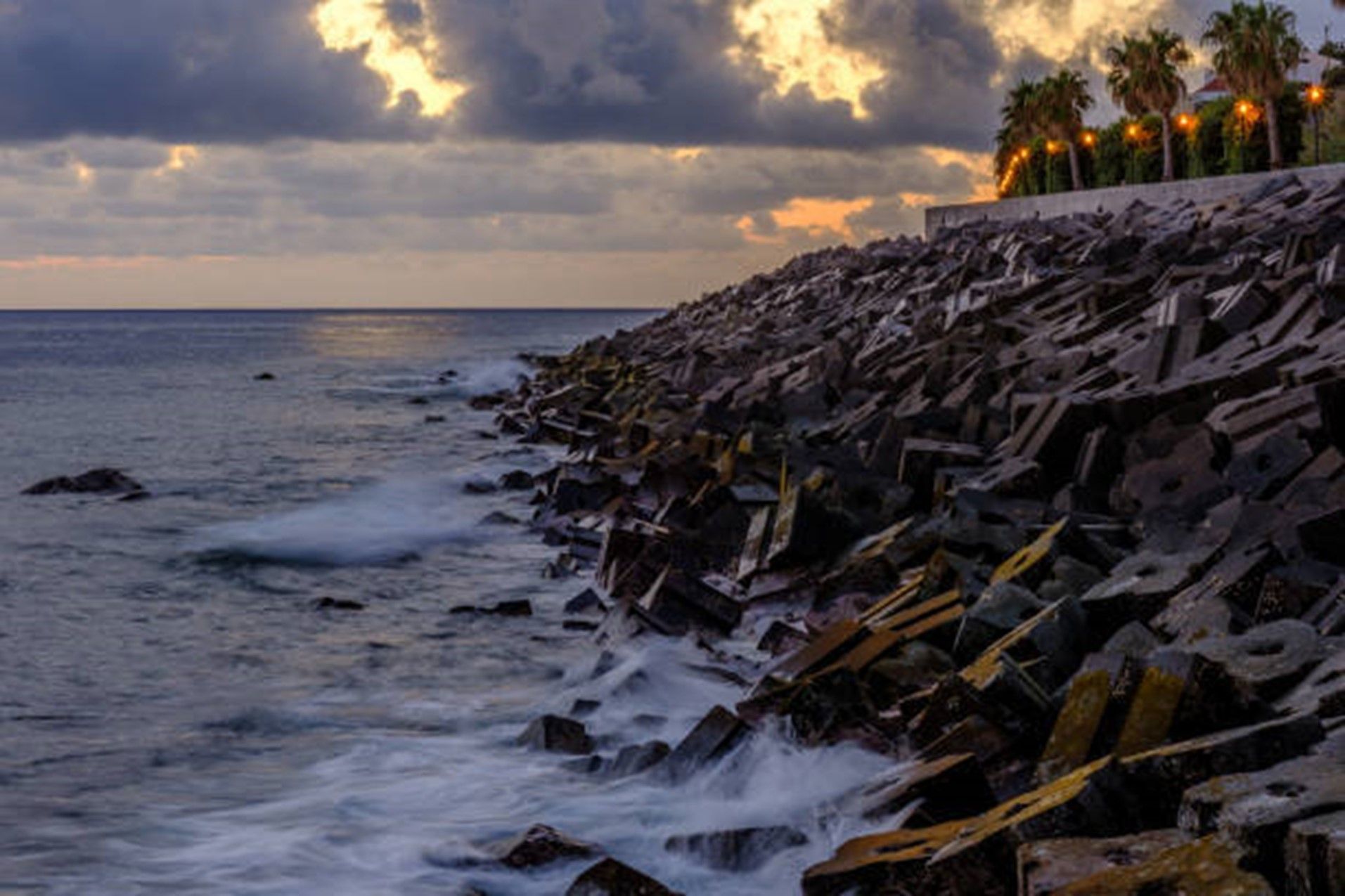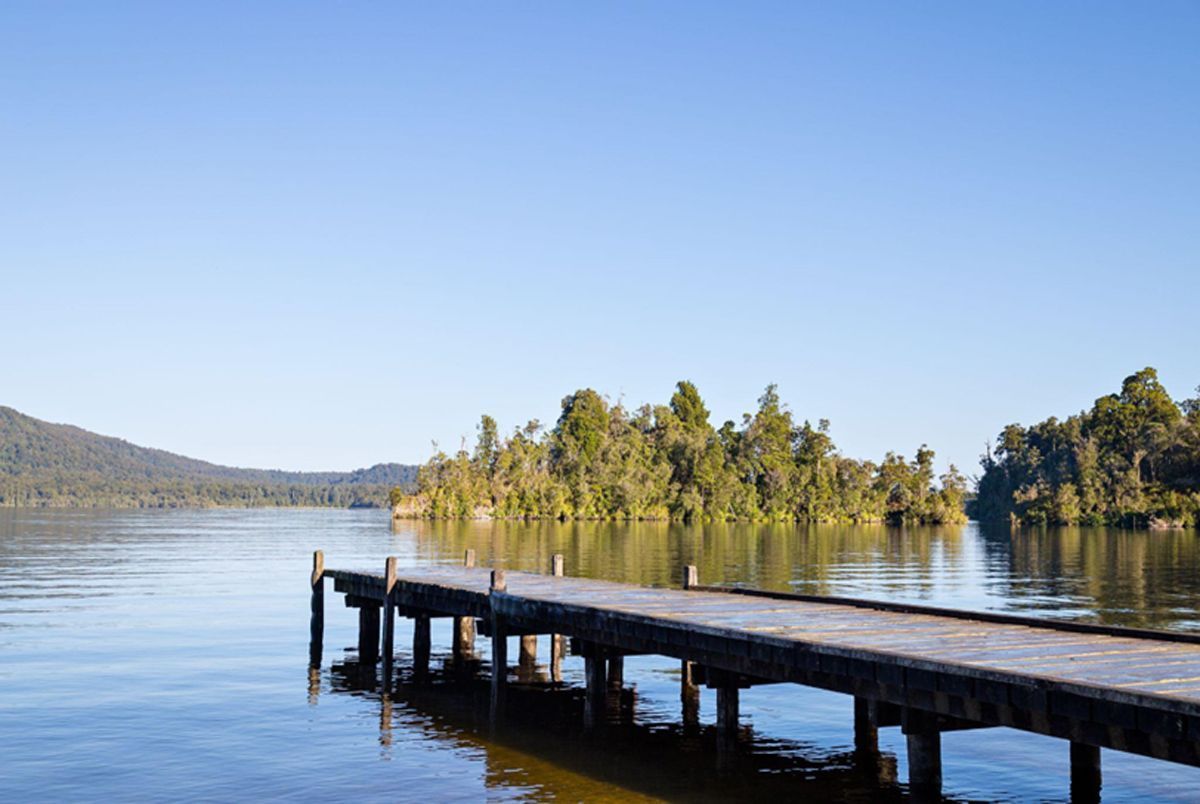Address: 13214 County Road 9 Foley, AL 36535
Serving the Alabama Gulf Coast
Call Us Today!
Serving the Alabama Gulf Coast
Call Us Today! 251-988-8822
The Best Materials to Consider for Your Boathouse

When undertaking a boathouse construction project, selecting the right materials is paramount to ensure durability, functionality, and aesthetic appeal. Boathouses, inherently exposed to water and varying weather conditions, require materials that can withstand the rigors of a marine environment.
This article explores the most suitable materials for marine construction, focusing on their benefits and practical applications in boathouse installation.
Marine-Grade Lumber
Marine-grade lumber is a staple in boathouse construction due to its resilience against moisture and decay. This type of wood is specially treated to prevent deterioration caused by long-term water exposure. Pressure-treated pine and cedar are among the most commonly used types of marine-grade lumber. Pressure-treated pine, infused with preservatives, offers resistance to insects and rot, making it a practical option for structural components like beams and supports. Cedar, on the other hand, is naturally resistant to moisture and decay, ensuring longevity without requiring extensive chemical treatment. Moreover, cedar’s aesthetic appeal and pleasant aroma add to its desirability for visible, above-water parts of the boathouse.
Composite Decking
In recent years, composite decking has gained popularity in the realm of marine construction. Made from a blend of recycled wood fibers and plastic, composite decking combines the durability of synthetic materials with the aesthetic appeal of natural wood. This combination results in a product that is resistant to moisture, UV radiation, and physical wear. Importantly, composite decking requires minimal maintenance compared to traditional wood, as it doesn’t rot, splinter, or warp. For those installing a boathouse, composite decking is a practical choice for surfaces that will be frequently exposed to water and foot traffic. Additionally, the wide variety of colors and finishes available in composite materials allows for customization to suit personal preferences and design requirements.
Aluminum
When maximum strength and longevity are essential, aluminum is an outstanding choice for boathouse construction. Aluminum is inherently resistant to rust and corrosion, making it exceptionally well-suited for marine environments. Its lightweight nature simplifies the construction process, reducing the overall weight load on the support structures. Moreover, aluminum’s high strength-to-weight ratio ensures that it can uphold heavy loads without compromising structural integrity. For critical elements such as the boathouse frame, roofing supports, and walkways, aluminum provides an excellent balance of durability and ease of installation.
Stainless Steel
Stainless steel is another robust material frequently used in marine construction, particularly for hardware and fasteners. Known for its exceptional resistance to corrosion and staining, stainless steel maintains its structural integrity and aesthetic appearance even in harsh conditions. In boathouse installations, this translates to longer-lasting docks, hinges, bolts, and other critical connectors that are vital for stability and safety. The durability of stainless steel reduces the need for frequent replacements, providing a long-term economic benefit despite its initial higher cost.
PVC
Polyvinyl chloride (PVC) is a versatile synthetic material that proves valuable in multiple aspects of boathouse installation. PVC is resistant to rot, moisture, and UV damage, ensuring longevity in fluctuating environmental conditions. It is often used for pilings, dock bumpers, and other protective elements within a boathouse. Additionally, PVC’s low maintenance requirements make it an attractive option for boathouse owners seeking practicality and durability. Its availability in various shapes and sizes allows for creative and functional design solutions tailored to specific needs.
Prefabricated Panels
For those looking to streamline the construction process, prefabricated panels present a compelling option. These panels are manufactured in controlled environments, ensuring consistent quality and precise dimensions. Materials used in prefabricated panels often include a blend of wood, metal, and synthetic compounds chosen for their combined strengths and reduced susceptibility to marine wear and tear. Prefabricated panels facilitate faster installation as they arrive on-site ready to be assembled, minimizing the impact of adverse weather on construction timelines. This efficiency can be a significant asset in ensuring the timely completion of boathouse projects, especially in regions with short building seasons.
When planning a boathouse installation, selecting the right materials is crucial to achieving a robust and lasting structure. By understanding the properties and benefits of each material, boathouse owners can make informed decisions that enhance the durability, functionality, and aesthetic appeal of their waterfront structures.
If you need help installing a boathouse, look no further than
Edgewater Marine Construction, Inc. We'll help you with the whole construction process, from material selection to professional installation.




